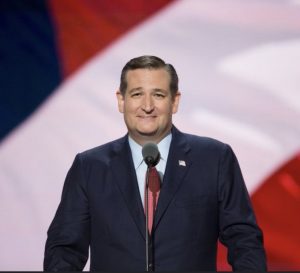In a major policy shift aimed to prevent a steep decline in birth rates in the world’s most populous country, China‘s national legislature has formally endorsed the three-child policy mooted by the ruling Communist Party.
In the revised Population and Family Planning Law, it allows Chinese couples to have three children. This Law was passed by the Standing Committee of the National People’s Congress (NPC).
The amended law has also passed more social and economic support measures to address the concerns in a bid to address the reluctance of the Chinese couples to have more children due to mounting costs.
According to the new Law, the country will take supportive measures, including those in finances, taxes, insurance, education, housing and employment, to reduce families’ burdens as well as the cost of raising and educating children.
The agenda as to why the NPC has revised the law is to implement the central leadership’s decision to cope with new circumstances in social and economic development and promote balanced long-term population growth.
Earlier, the ruling Communist Party of China (CPC) approved a relaxation of its strict two-child policy to allow all couples to have up to three children.
In 2016, China had permitted all couples to have two children. It also scrapped the draconian decades-old one-child policy which policymakers blame for the demographic crisis in the country.
Also read: Nepal’s largest communist party officially splits
It is also said that the one-child policy implemented for over three decades has prevented over 400 million births.
The decision to permit the third child came after this month’s once-in-a-decade census showed that China’s population grew at the slowest pace to 1.412 billion amid official projections that the decline may begin as early as next year.
The new census revealed that the demographic crisis China faced was expected to deepen as the population of people above 60 years grew to 264 million, up by 18.7 per cent last year.






